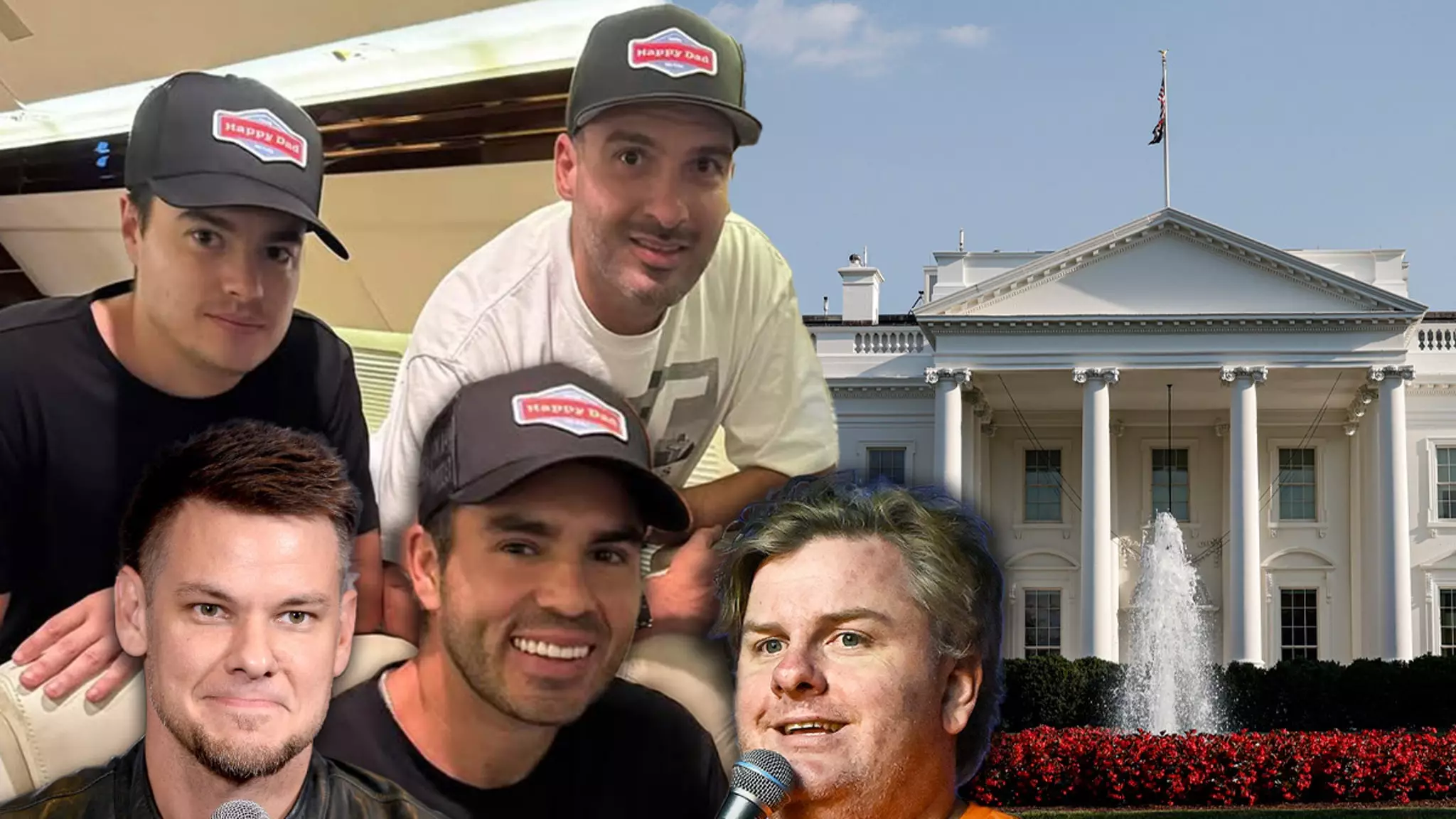In an era where traditional news outlets struggle to capture the attention of younger audiences, initiatives aiming to reshape how political information is disseminated are gaining traction. A contemporary approach proposed by John Shahidi, the manager of influential podcasters like Theo Von and the Nelk Boys, highlights a significant shift in the media landscape. As Donald Trump evolves his administration’s communication strategies, the idea of incorporating popular podcasters into the White House Press Briefing room stands out as a bold and innovative tactic. This move could redefine how political messages reach diverse audiences, especially millennials and Gen Z.
Podcasts have burgeoned into a dominant form of media, particularly among younger demographics seeking authentic and relatable content. John Shahidi has noted how Trump’s engagement with the podcast platform during his electoral campaign allowed him to resonate more authentically with younger voters. This method of communication contrasts sharply with traditional news outlets that many young individuals regard as outdated and inauthentic. Shahidi’s pitch for a dedicated space within the White House for podcasters to engage with the administration symbolizes a recognition of this shift and its potential to foster connection—representing a significant departure from the conventional press corps.
However, implementing such a revolutionary idea is not without its challenges. The established system of the White House Correspondents Association, which controls access to the briefing room, could be resistant to this influx of podcasters. This could create friction, given the long-standing traditions that govern political communication. Nonetheless, the opportunity to invigorate political dialogue among younger voters presents a compelling case for reimagining these boundaries. By granting press credentials to podcasters, the Trump administration could gain direct access to a demographic that often remains disengaged from traditional forms of news consumption.
The reaction from influencers like Theo Von suggests a readiness for this shift. As he expressed interest in participating in such briefings, it reflects a broader trend where content creators are increasingly viewed as credible societal voices. Shahidi’s concept not only symbolizes a potential elevation of podcaster influence in political matters but also offers a unique platform for politicians to craft their narratives in an environment that resonates more deeply with contemporary audiences. Rather than merely reacting to the traditional media landscape, this forward-thinking approach could cultivate new pathways for engagement.
Ultimately, Shahidi’s initiative is groundbreaking in that it proposes to re-envision the media’s relationship with the presidency. By embracing a diverse array of communicators, including podcasters, the White House could successfully bridge the gap between political institutions and the evolving informational preferences of the public. The potential effects of such a shift could not only invigorate political discourse but also reshape our understanding of journalism in the digital age, where the lines continue to blur between traditional reporting and creative content. As we look to the future, the evolution of political communication through unconventional means marks an exciting chapter for both media and democracy.

Leave a Reply